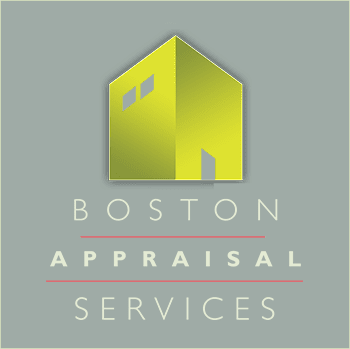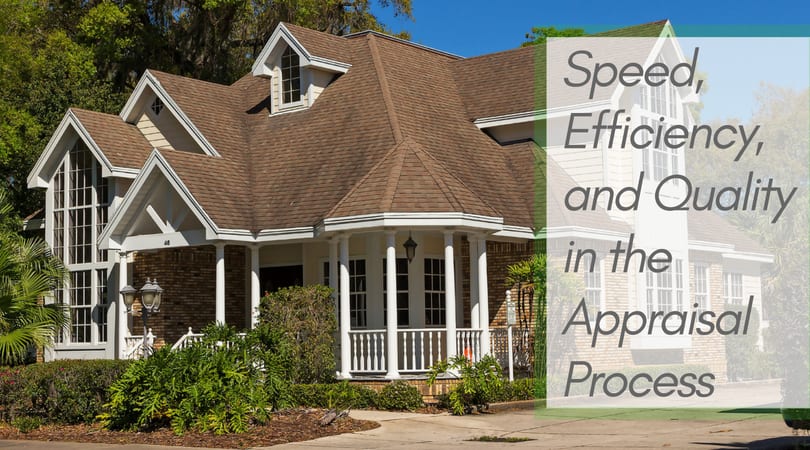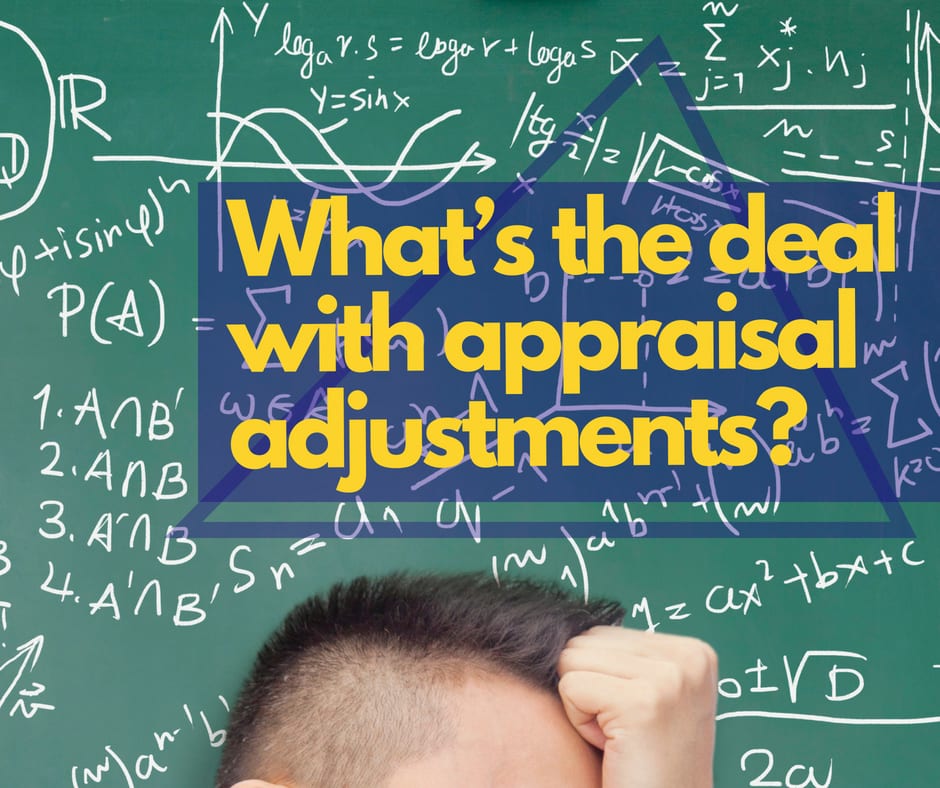When you’re preparing a valuation either as an appraiser, agent, or investor, you need to understand how neighboring properties affect the value of your subject, as well as how your subject impacts the value of properties in the neighborhood.
The best investment results, either as a business or homeowner, require careful due diligence to gather all the facts and observe every market factor.
Conformity
An important issue addressed in residential and commercial appraisals is conformity. Conformity refers to the similarity of properties within a neighborhood in terms of prevailing age, condition, size, style, and functional utility.
When a subdivision has a mix of architectural styles that don’t complement each other well, or differ in usage, zoning, or functional obsolescence, values tend to decrease compared to communities that exhibit greater similarity among properties.
Conformity is an important issue for investors and private lenders to consider as it can affect the long-term value and appreciation of the property. Although a potential acquisition may appear on its face to be a good deal because of a discount from retail, if the community is in the decline phase, it will experience less volume and appreciation, leading to a tough exit down the road, especially if marketed or held as a rental.
Pay attention to how local government is using its administrative powers to influence zoning, land usage, infrastructure, and note how these trends could support or detract from the potential value of your property. If you’re planning to hold your property as a rental, also consider how population growth and the health of local industry will influence demand from tenants as the community evolves.
Progression
Progression is the idea that when a community exhibits conformity and good overall conditions (c3-c4), but our subject is of lesser condition or utility, the value of the subject is greater than if it were located among properties of similar quality and characteristics.
Essentially, even though you may have a property that hasn’t been updated in 60 years, but it’s located among homes in a high-value subdivision with mostly modern designs, the subject’s value will be greater relative to a similar home in a below-median community.
The situation where you might encounter progression is when purchasing vacant land or dated homes in a luxury residential subdivision. The real cause behind progression is the increased demand for the land or the opportunity that the parcel represents. As margins can be smaller, by percentage, with HNW renovations, developers are willing to salvage as much of an original structure as possible to keep costs low and offset the premium paid, despite condition, due to progression.
Regression
Regression is the more common concern when it comes to valuations. Regression is the affect that a neighborhood with poor property conditions or low conformity will have on our subject. This frequently comes up when we have newer built or fully renovated homes or structures in an older-built community experiencing a decline phase. This also relates to the concept of diminishing returns and over-improvement.
When we’re planning our renovations, we need to keep upgrades and the overall condition and style of the property in line with the community. If we get excessive, we’ll not only likely exceed our budget, we also won’t be able to sell the property for enough to cover the unneeded expense.
The simplest way to hedge your bets is to work with valuations professionals to give you an expert third-party opinion on the value of the property. Ordering an appraisal will reduce your risk of making a decision based on an unsupported value, and the damage that can occur to your credibility in making a proposal with a faulty as-is or after-repair value.





